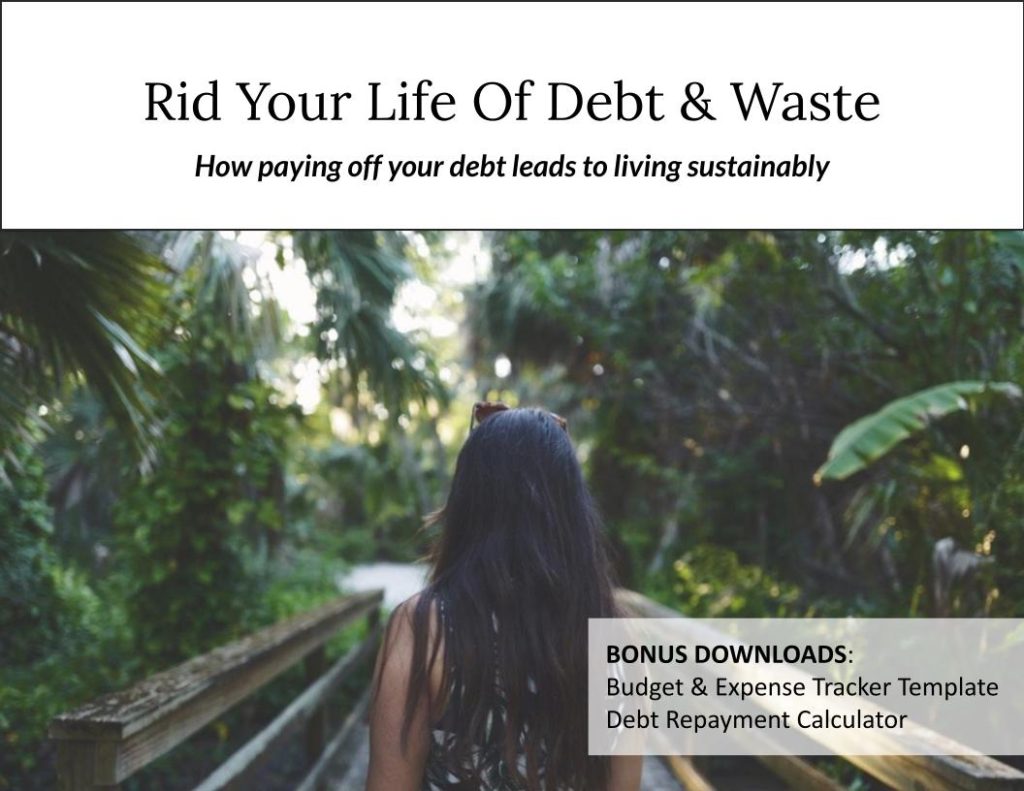Simple or frugal living is gaining popularity among millennials and Gen Z’s. Some might argue it’s out of necessity, while many others choose to embrace it.
Frugal living is often associated with pinching pennies and limited living. Because of this, it’s often viewed as less desirable than the life of abundance our parents grew to love.
While there is a money component to frugality, it doesn’t come with a negative connotation. Instead, it’s being intentional with how you spend money, which is essential in having your money work for you beyond paying bills and “surviving.”
Today’s young adults are opting out of the status quo and re-writing the definition of success, ditching the big house, 2.5 children and the structured 9-5 workday for a flexible lifestyle prioritizing living in alignment with one’s values, which is the other component of frugality.
Extreme frugality or minimalism isn’t necessary or easy to maintain. So before you go selling everything you own or planning a life off-grid, check out these simple tips to living frugally.
Simple Frugal Living Tips
Cut down on alcohol consumption
I’m not suggesting you give up your favourite brew or cocktail altogether. Instead, keep track of how often you’re going out for drinks. Then find ways to reduce the cost, such as buying alcohol from the store and enjoying it at home or meeting up with friends in the park or at their place.
Be creative with ways to reduce the costs instead of limiting yourself. Maybe it’s as simple as only going to the pub for special occasions.
Learn how to manage your money
If you’re living paycheck to paycheck, wondering where all your money goes or why you’re not able to get ahead, then you don’t practice good money management.
Don’t worry. It’s not all your fault. Money is a taboo topic rarely discussed among family or friends and isn’t taught in schools.
The good news is you can easily adopt conscious money habits by creating a budget! There are many online resources available to help you get started.
If you’re looking for a guided journey, check out Rid Your Life Of Debt And Waste for tips on adopting a positive money mindset, budgeting and calculating the cost of your debt.

Don’t carry credit card debt (or any other consumer debt)
I hear both sides – you shouldn’t have a credit card versus using your credit card to pay for everything. I live by the latter, but this doesn’t mean you should too.
Using your credit card for every purchase can have significant benefits, especially when paired with a good point reward program (I’ve taken many flights using my points). But if you’re not disciplined in paying off the balance every month, this isn’t a good fit for you.
Self-awareness plays a part in your success with credit cards. If you know you’re someone who won’t keep up with the payments or have been carrying credit card debt for a while, then don’t use it and focus on paying off the balance.
Cut down on waste
Ever find yourself throwing out unopened or expired foods, hardly used beauty products or unworn clothing? If so, you’re over-buying.
Every unused item you throw away is throwing away your hard-earned money. Put that money to better use, and reduce the trash you create by creating a shopping list before setting out on your next trip.
Ditch emotional spending
I get it. We all have bad days. But “retail therapy” is not the answer to whatever problem you’re dealing with, and in fact, it can exacerbate the problem.
Using shopping as a distraction leads to buying things you don’t need or necessarily want. This can lead to buyer’s remorse and heightened financial stress.
To avoid getting sucked into the retail therapy trap, think about the number of times you’ve purchased items you didn’t use. Also, try practicing the 14-day rule, where you wait 14 days before buying any non-essential items.
Disassociate with the Joneses
Consumer culture values outdoing our peers by defining our success relative to the number of possessions we have and how busy we are.
The truth is, many can’t afford the lifestyle they live but having a nice car, renovated home, or the latest trends is a higher priority. And they pay for it by working their ass off and being stressed.
I think it’s human nature to want to model people we view as successful. But it’s not worth giving up your happiness to do so. Not only that, the overconsumption associated with consumer culture is destroying the planet.
It’s important to maintain balance when making changes to your lifestyle. Frugal living can provide the luxurious life you desire because being intentional and purposeful with spending money in one area allows you to funnel the money to other areas.
If you’re ready to start living life on your terms and want some help getting started, check out my ebook Rid Your Life Of Debt & Waste. It includes my budget template and debt repayment calculator so you can calculate the cost of carrying your debt. Time to jump on the “you do you” bandwagon and start living life on your terms!





